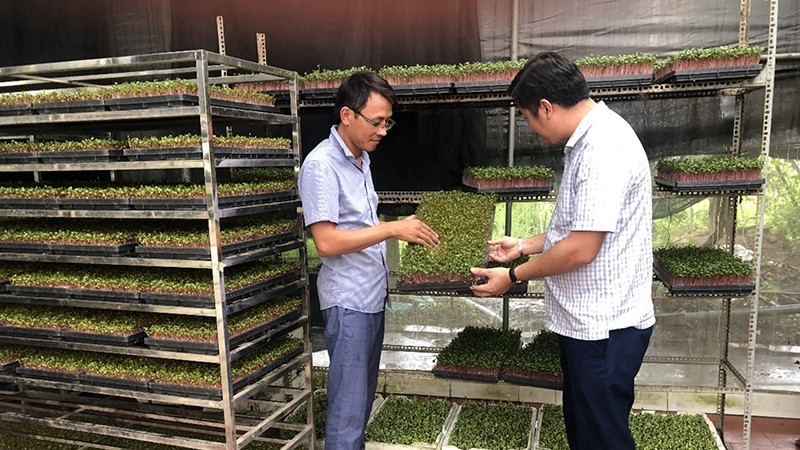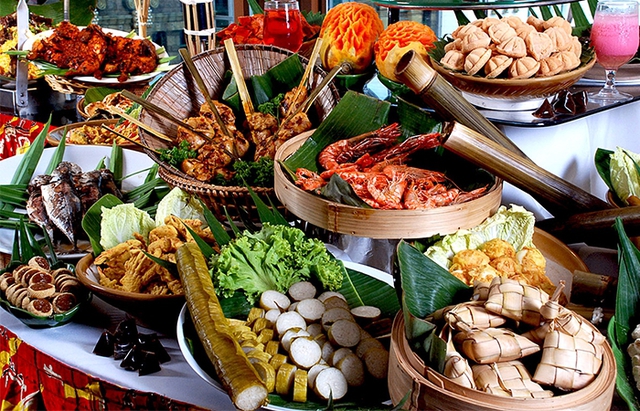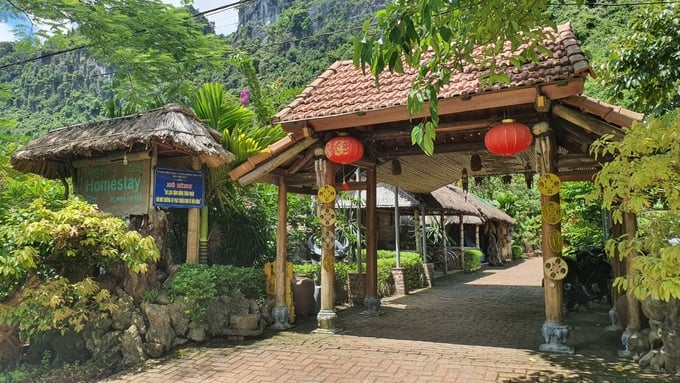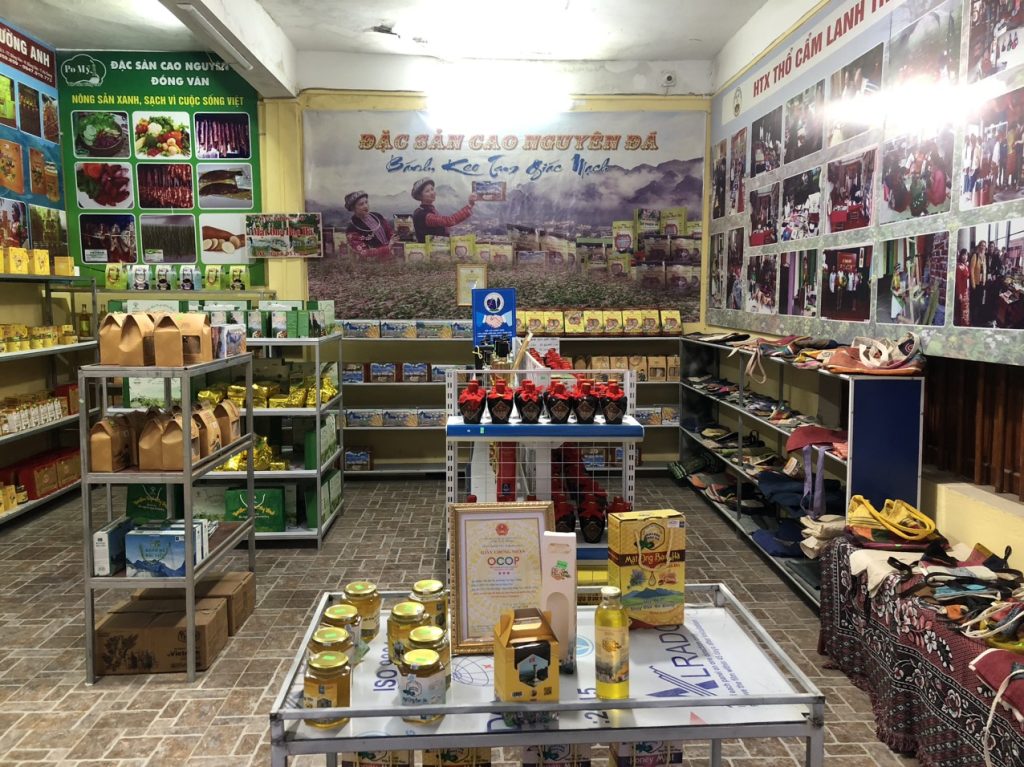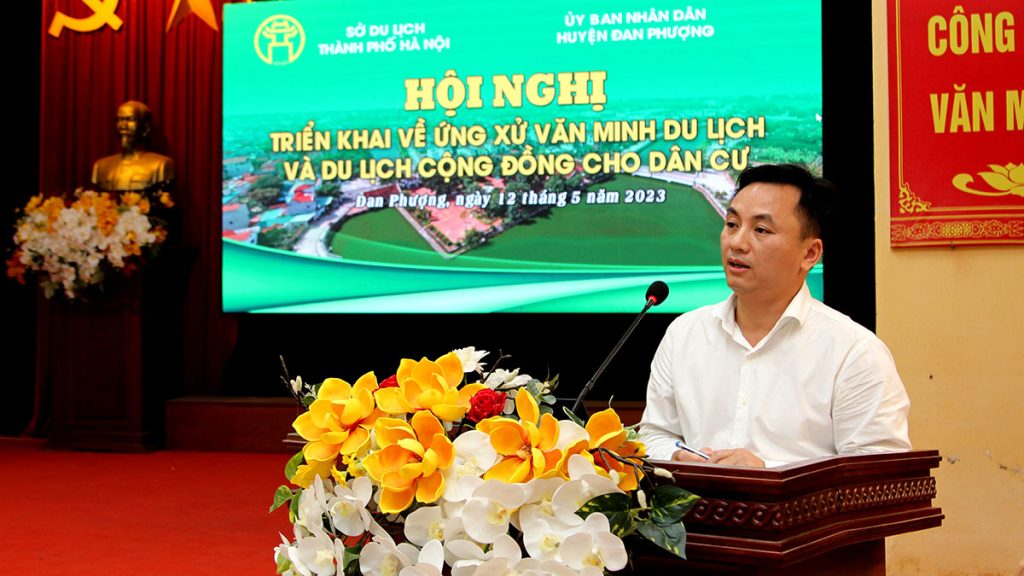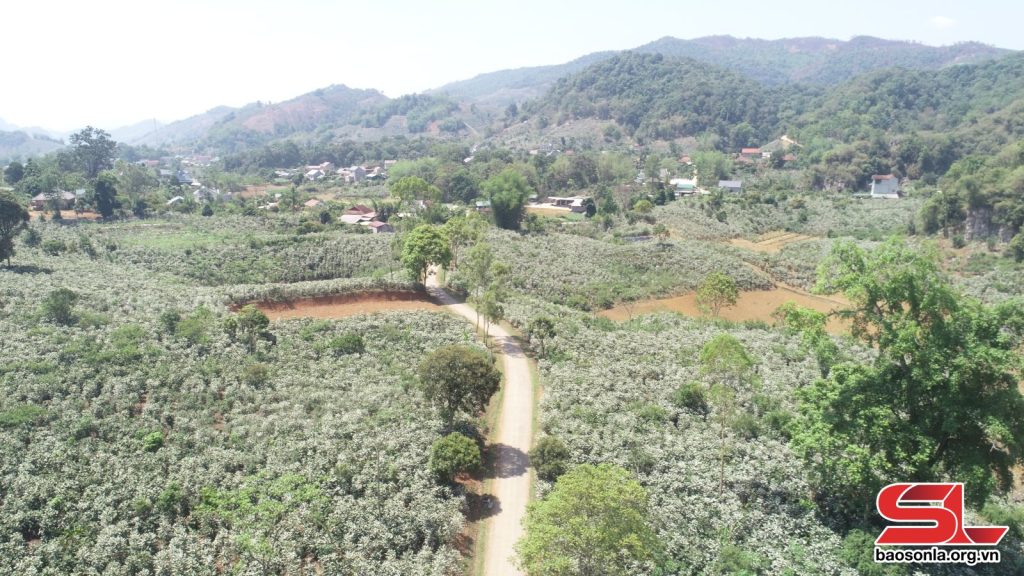Establishing the One Commune One Product (OCOP) Programme to further contribute to the restructuring of the agricultural sector in association with the development of handicrafts, trades, services, and rural tourism while promoting rural economy sustainably and improving people’s income, Hanoi has seen thousands of OCOP products recognised from 3 to 5 stars.

Spouts grown by Thanh Ha Agricultural Service and Production Cooperative in Thuong Tin District, Hanoi, have been recognised as a four-star OCOP product
According to Hanoi Coordination Office on New Rural Development, the city has had 2,167 OCOP-accredited products, including six 5-star products, 12 potential 5-star products, 1,369 4-star products, and 780 3-star products. This result is thanks to the active participation and synchronous and effective direction from the city to the grassroots level, as well as the participation of businesses, organisations, and individuals who are producing and supplying products for the market, and the acceptance and response of people from all strata.
In addition, the city has always paid attention to the organisation of events, fairs, seminars and markets to connect, trade, display OCOP products to promote them to consumers around the country. As a result, the city’s OCOP products have been welcomed by consumers. Up to now, Hanoi has put 85 points into operation to introduce and promote OCOP products.
In addition, OCOP products have been continuously improved in terms of quality to ensure food safety and hygiene as well as designs to build brands of products. As a result, many products have been exported to many markets such as Europe, Japan, and Australia.
To date, Ung Ho District has 44 OCOP products that have been evaluated and classified with 3 stars or more. To help the products develop, the district has set up an e-commerce page on Facebook to promote and introduce OCOP products, along with local agricultural products in general, so that the organisations and individuals can connect with businesses and bring them to consumers.
Furthermore, owners of OCOP products have been facilitated to participate in events, fairs, and seminars to promote trade and stimulate consumer demand. They have also received support to promote the production of quality products that satisfy consumers’ tastes. Every year, the owners have registered for booths to introduce OCOP products of the district to consumers at events. As such, they have had opportunities to meet, exchange, and negotiate with businesses and customers, and sign product sales contracts.
Meanwhile, in Thuong Tin District, 166 products have been recognised from 3 to 4 stars. After being recognised as OCOP products, groups of food, souvenirs, furniture, and decorations have all witnessed increases in output and consumption. In addition, the products have been supported to participate in many trade promotion programmes.
However, along with the achieved results, Hanoi’s OCOP programme has continued to face shortcomings such as limitations in the awareness of some cadres and Party members resulting in the propaganda, advocacy, and support for people not being as effective. Some OCOP products’ owners have not yet paid attention to the innovation of packaging and label design, trademark registration, and products’ quality according to OCOP standards. In addition, the promotion of the sale of products has faced many difficulties.
In Ung Hoa District, production facilities and products participating in the OCOP programme are few compared to their potentials and the products involved have not been diversified. Many production facilities lack plans for environmental protection and assessment. The majority of products use traditional sales channels, and the consumption market is mainly concentrated in the city. Many production facilities do not have a plan to control products’ quality.
In order to arouse the potential and advantages of OCOP products and to help rural people increase their income, Hanoi will continue to strengthen propaganda, training, and raising public awareness of the OCOP Programme; promote trade promotion – identifying this as one of the key stages to create motivation for the programme; and prioritise the development of a network connecting production and business and expanding the market for sustainable development of products. A number of models on conservation and promotion of the role of traditional craft villages and trade villages will be developed in association with OCOP products, community-based tourism services, and tourist attractions. The city will also develop raw material areas and build models of deep processing, organic agriculture, and circular agriculture in order to improve quality and increase product value for key local products associated with the OCOP Programme.
On the other hand, the city focuses on branding, product design, product packaging and OCOP stamp printing; prioritize the selection and use of environmentally friendly recycled materials and products; strengthen trade promotion activities to bring OCOP products into the system of supermarkets and shops dealing in safe agricultural products and food and e-trading floors.
Thereby, OCOP products will become a strong brand that is recognised and consumed by a large number of domestic and international consumers. In addition, owners of OCOP products should continue to develop efficient production and business in chains as well as increase investment in upgrading, expanding scale, and improving quality to increase product value, create jobs and increase income for people.
Nguyen Phuc
Translated by NDO

